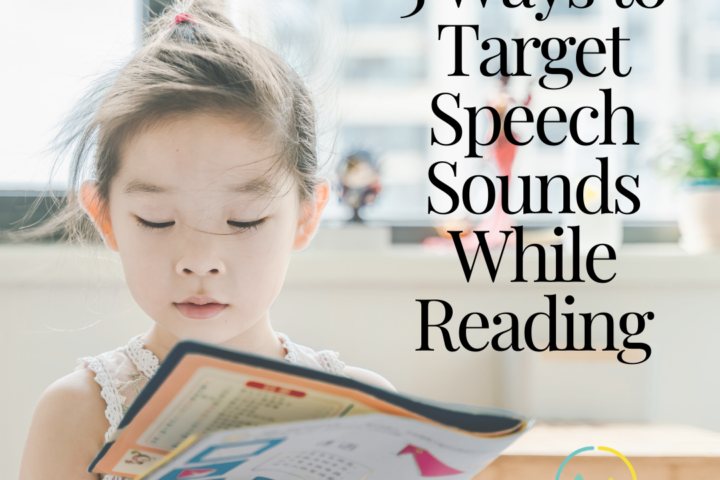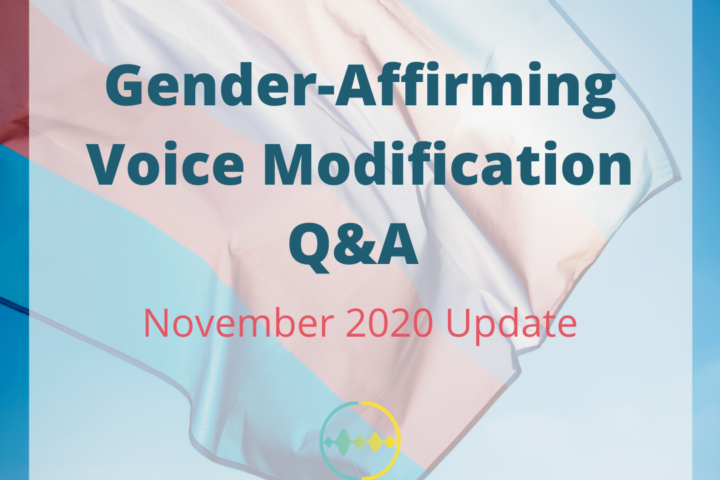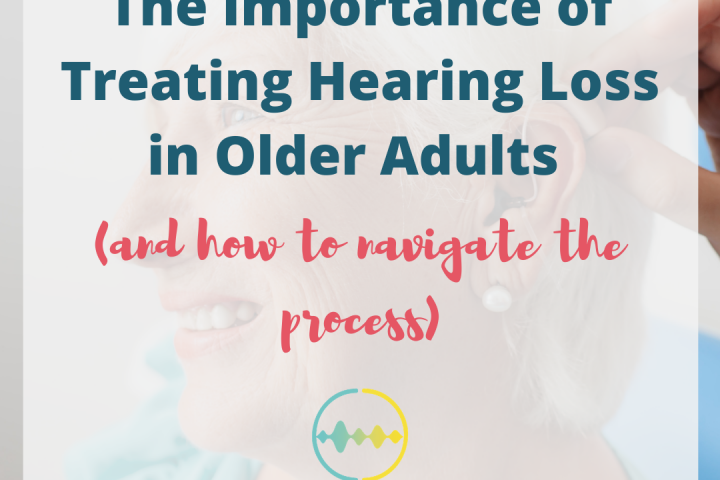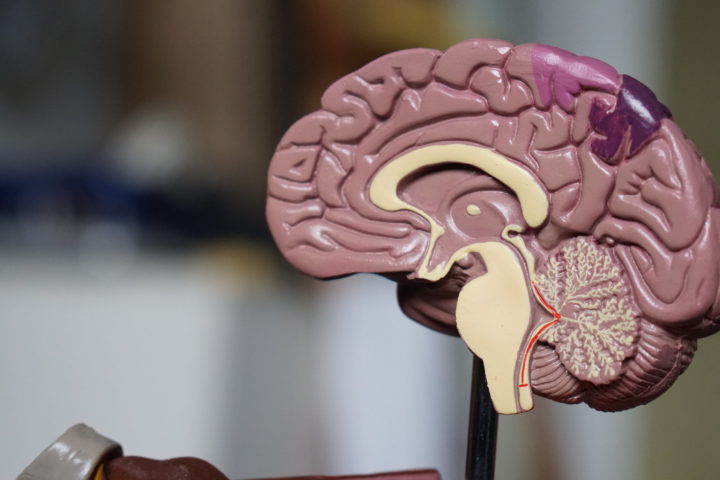In the last 2 months, I think we’ve all been there – we’re on a video chat with a child and it goes TERRIBLY. There are a lot of blank stares, long moments of silence, and sometimes (read: almost always) the phone shakes as if you’re in a 6.0 magnitude earthquake. Talking with children over...
Tag: grand rapids
DLST At-Home Speech: Five ways to target language during a walk
I am living for my walks these days. We’re currently on a two-a-day schedule, or however many our dog demands. It’s good to get outside and enjoy the weather, especially here in Michigan! I’m not alone. I see families on walks even where I live (in the middle of nowhere). Facebook and Instagram are plastered...
Research Rumination: Helpful Helmets
I threw out some bike/helmet statistics earlier in the week on our Facebook page. Largely, these statistics showed that helmet wearing can prevent head injury. I wanted to dive a little further into this topic because, as the weather continues to improve (IN THEORY) here in the state of Michigan, and as the idea of...
DLST At-Home Speech: Five ways to target speech sounds while reading
The people have spoken, and they want to know what to do to help with their child’s speech at home! At-home activities are a great way to carry over the work done during speech therapy sessions and to speed up progress. The ultimate goal is for children to use what they learn in speech across...
Learning about disabilities – Resources, ROUND 1
One of our favorite topics here at Duncan Lake Speech Therapy is inclusion. If you tuned in to our Facebook page earlier this week, you’ll know that even though we are in quarantine, there are still great opportunities to learn more about inclusion and to teach your kiddos about inclusion. The first step of any...
YA novel best picks – A librarian’s perspective, Part II
We’re lucky to have Beth Kirchenberg, Middle School and Teen Librarian at River Forest Public Library, back with us for another round. Since we’re all stuck at home, it’s an excellent time to pick up a book. For your kiddos who are YA aged, Beth has provided us with the ultimate YA literature picks. I mean,...
Why YA? – A librarian’s perspective, part I
It’s National Reading Month! Speech-language pathologists love books and reading as literacy is tied to language development (and vice-versa). We spend a lot of time on this page talking about picture books, but ages 0-18 have a wide span of book choices. So today, let’s celebrate a rather underrepresented sub-section of literature on this page:...
Gender-affirming voice modification Q&A continued [UPDATED 11/2020]
Following my quick Q&A video on the DLST Facebook and Instagram pages, I had even MORE questions about gender-affirming voice modification. You know I love audience participation, so I’m so happy people are asking great questions and learning more about this service. Since my video addressed the basics of voice modification, the rest of the...
The Importance of Treating Hearing Loss in Older Adults (and how to navigate the process)
Age-related hearing loss is a touchy subject for many. Many times, it forces the individual to come to terms with becoming “older,” which isn’t fun. It also plays into insecurities regarding “being different” or “standing out” because of a hearing aid. Well, I’m here to tell you that it’s time to set these worries aside and start the process of addressing hearing loss.
“Why should I?” you may ask. “Also, aren’t you a speech-language pathologist? Why are you talking about this?” Well, a few things.
Strokes and Communication – Aphasia
Hold on to your hats! We’re doing a crash course in communication-related problems following a stroke!
Following a stroke, a person will experience any number of difficulties and deficits, some more severe than others. Strokes can cause physical, cognitive, behavioral, and communication and swallowing issues. For the sake of time (and for the sake of my readers’ time), I’m going to stick with talking about symptoms related to communication.
Aphasia is a common language disorder that arises following a stroke. Aphasia, in the most basic sense, is an impairment in any and all areas of language - speaking, listening, reading, and writing. Depending on where the injury is in the brain, the amount of damage incurred by the stroke, and a whole host of other factors, symptoms and severity can vary.










